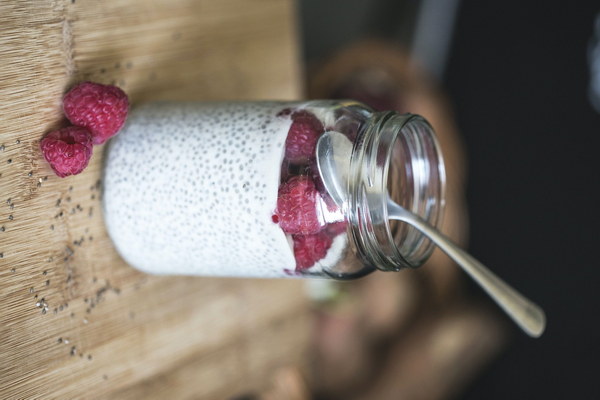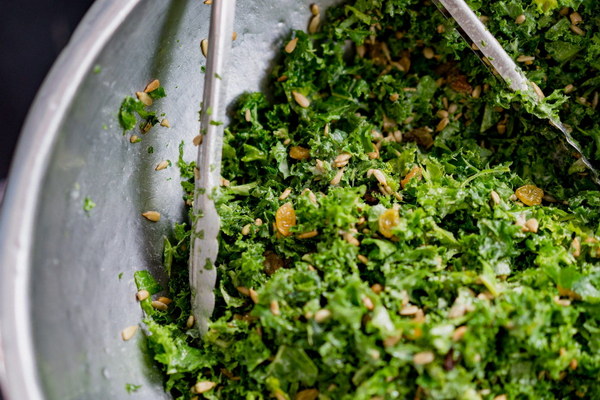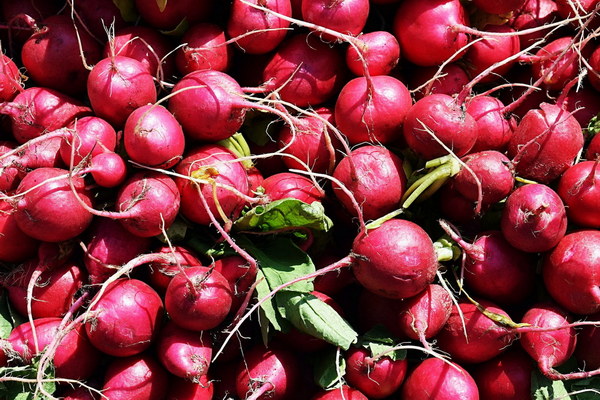Natural Remedies for Nourishing and Protecting Your Lungs Best Practices for Lung Cold
Introduction:
Lung cold, also known as lung Qi deficiency, is a common condition in traditional Chinese medicine, characterized by symptoms like a runny nose, sore throat, and a feeling of coldness in the chest. To combat lung cold and promote lung health, it is essential to adopt effective measures for nourishing and protecting your lungs. In this article, we will discuss the best practices for lung cold, focusing on natural remedies that can help you maintain a healthy respiratory system.
1. Herbal Remedies:
Herbal medicine is a crucial component of traditional Chinese medicine and offers numerous natural remedies for lung cold. Here are some popular herbs that can help nourish and protect your lungs:
a. Astragalus (Huang Qi): This herb is known for its immune-boosting properties and can help strengthen the lung Qi. It is often used in combination with other herbs to treat lung cold.
b. Ginger (Sheng Jiang): Ginger has warming properties and can help alleviate symptoms of lung cold, such as a runny nose and sore throat. It is commonly used in teas and soups.
c. Licorice (Gan Cao): Licorice is a versatile herb that can help reduce inflammation, alleviate cough, and enhance the effectiveness of other herbs in treating lung cold.
d. Elderberry (Sambucus Nigra): Elderberry has been shown to have immune-boosting properties and can help fight off respiratory infections. It is available in syrup or tea form.
2. Diet and Nutrition:
A well-balanced diet plays a significant role in maintaining lung health. Here are some dietary recommendations for lung cold:
a. Stay Hydrated: Drink plenty of warm fluids, such as herbal teas, broths, and warm water, to keep the respiratory system hydrated.
b. Include Lung-Nourishing Foods: Incorporate foods that are rich in vitamins, minerals, and antioxidants to support lung health. These include apples, pears, garlic, onions, and ginger.
c. Avoid Cold and Raw Foods: Cold and raw foods can exacerbate lung cold symptoms. Opt for cooked or steamed dishes instead.
3. Lifestyle Changes:

Adopting healthy lifestyle habits can help prevent lung cold and promote overall lung health:
a. Regular Exercise: Engage in moderate physical activity, such as walking, jogging, or yoga, to improve lung function and boost your immune system.
b. Avoid Smoking and Secondhand Smoke: Smoking and secondhand smoke can damage your lungs and exacerbate lung cold symptoms. If you are a smoker, consider quitting.
c. Manage Stress: Stress can weaken your immune system, making you more susceptible to lung cold. Practice stress-reducing techniques, such as meditation, deep breathing exercises, or spending time in nature.
4. Acupuncture and Massage:
Acupuncture and massage therapy can help alleviate symptoms of lung cold and improve lung function. These therapies work by balancing the body's energy (Qi) and promoting healing.
Conclusion:
Lung cold can be a challenging condition to manage, but with the right combination of natural remedies and lifestyle changes, you can effectively nourish and protect your lungs. By incorporating herbal remedies, maintaining a healthy diet, adopting healthy lifestyle habits, and seeking alternative therapies like acupuncture and massage, you can improve your lung health and reduce the frequency of lung cold episodes. Remember to consult with a healthcare professional before starting any new treatment or making significant changes to your lifestyle.









